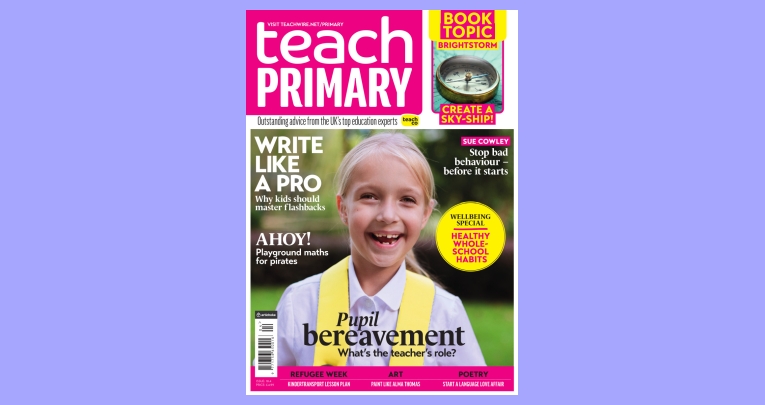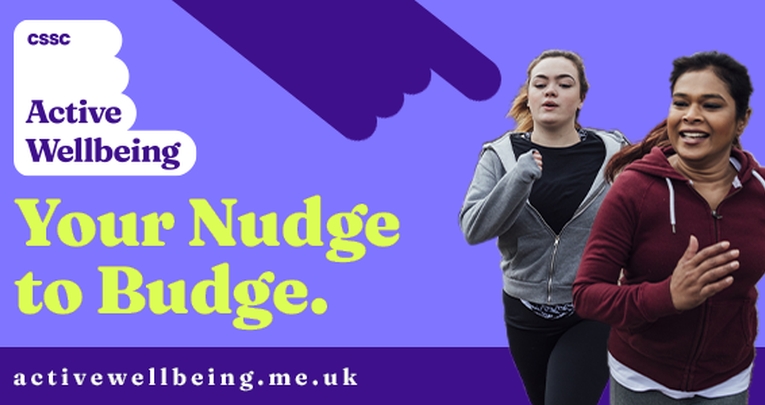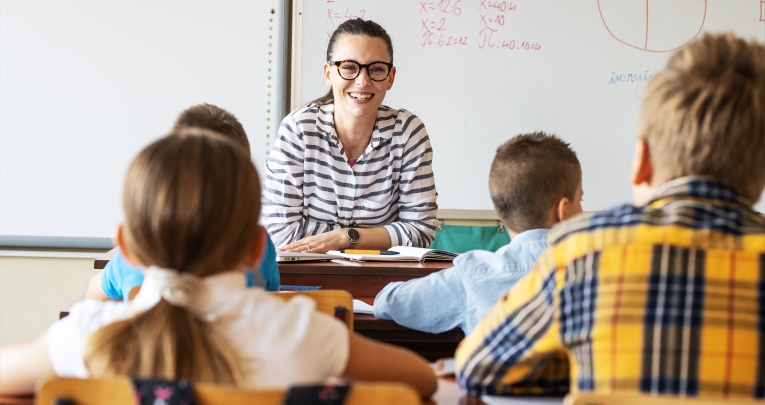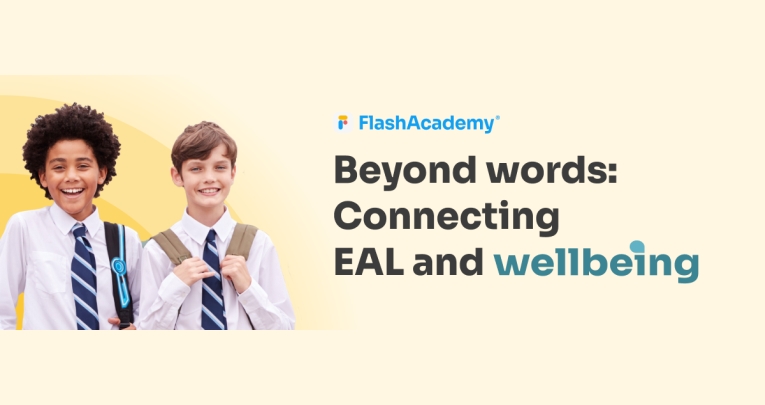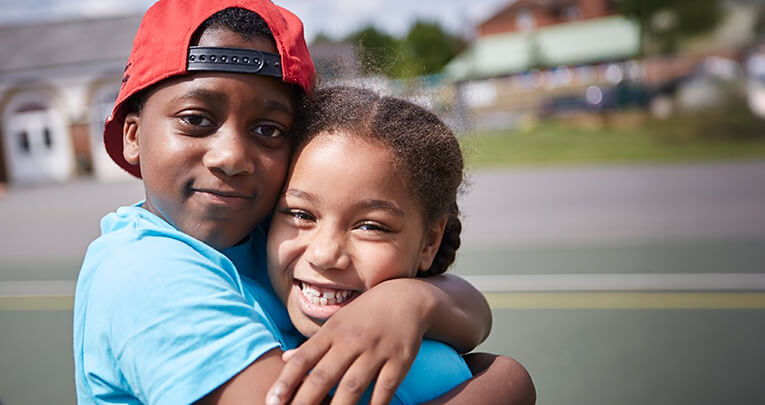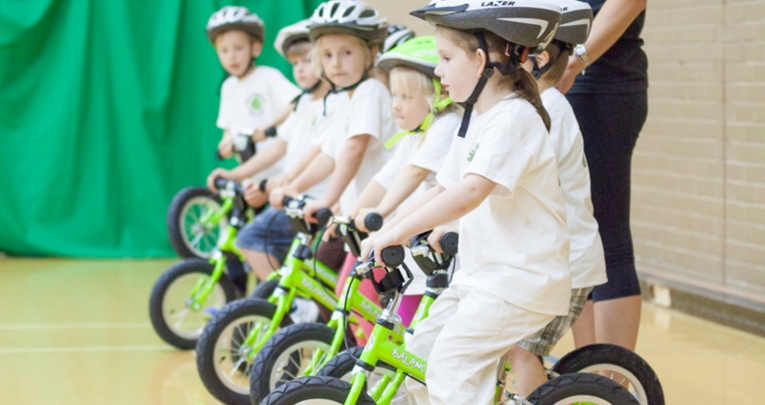This issue’s focus is on wellbeing, and it does seem to me that everyone is in dire need of advice on how to boost the mental health of both pupils and colleagues right now.
At West Lea, a special needs school, there is a strong focus on the idea that if a school community is to flourish then its staff must feel supported and secure (p59).
On p56 Kate Landsman explains why teaching social and emotional literacy is so important in helping children navigate the challenges that come their way.
Viv Trask-Hall has some great advice on what to do if pupils get overwhelmed in class (p67), and Adam Bushnell (p70) suggests ways you can incorporate invaluable reflection sessions into the school day.
One challenge no teacher ever wants to face is needing to support a bereaved pupil; Bob Usher and Tracey Boseley offer some research-led guidelines on what to do in both the short and long term if you do find yourself in that situation (p63).
Other highlights for me in this issue include Alom Shaha’s exploration of how you can use fiction to engage children in science (p34), and Emily Azouelos’ tips on using objects and artefacts to get children thinking deeply (p31).
Bismha Afzal’s medium-term plan on the Hajj pilgrimage (p22) incorporates RE, history and geography into a very interesting unit of work.
We have some super lesson plans this issue too. Adele Darlington celebrates summer with sunny paintings inspired by American artist Alma Thomas (p74), while Ruth Astley takes KS1 pupils on a piratical trip round the playground to help them get to grips with positional and directional language (p76).
To mark Refugee Week, Charlie Stansfield from the National Holocaust Museum has put together some thought-provoking activities around the experiences of the Kindertransport children (p72).
As ever, do drop me a line if you have any interesting lesson ideas to share!
Enjoy the issue,
Lydia Grove – Editor

